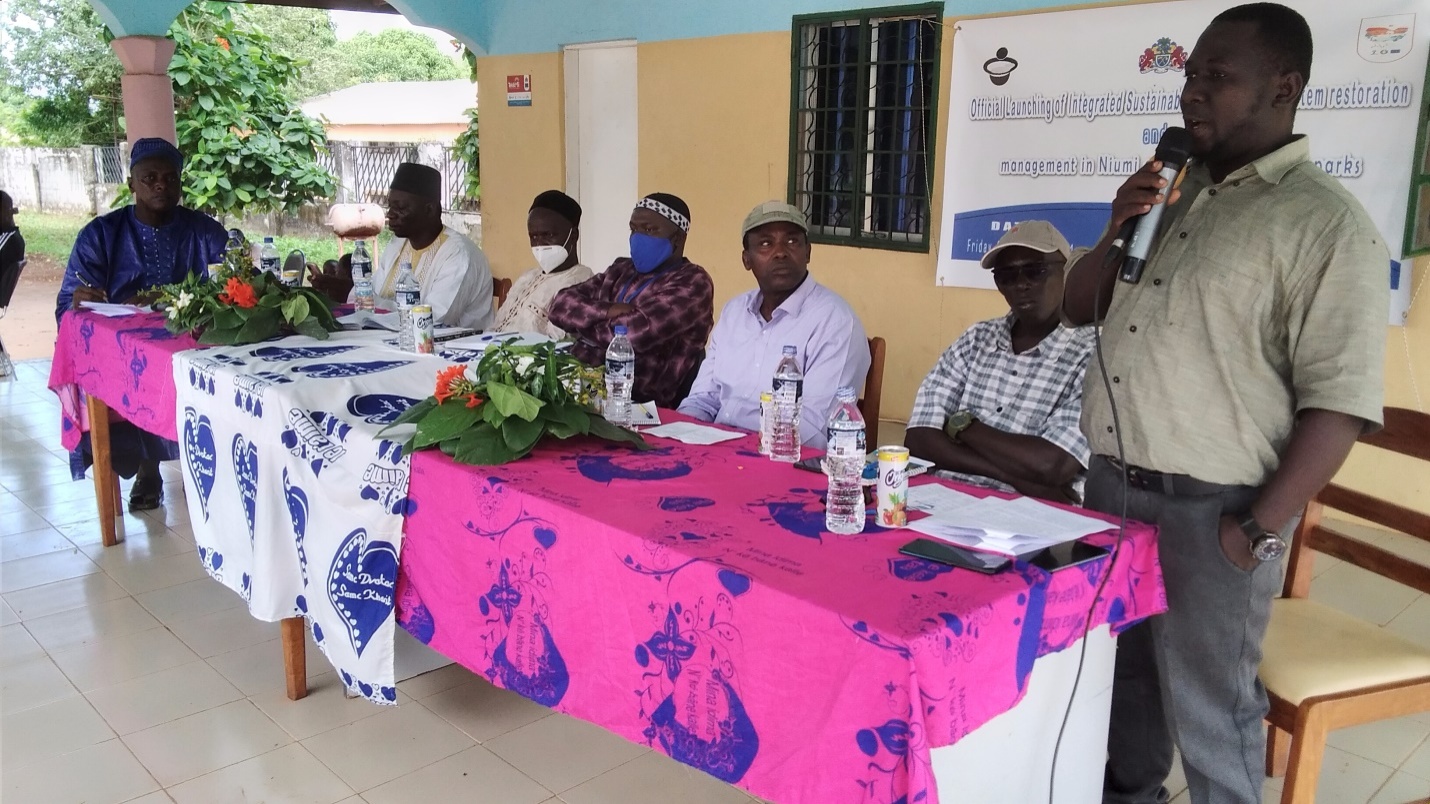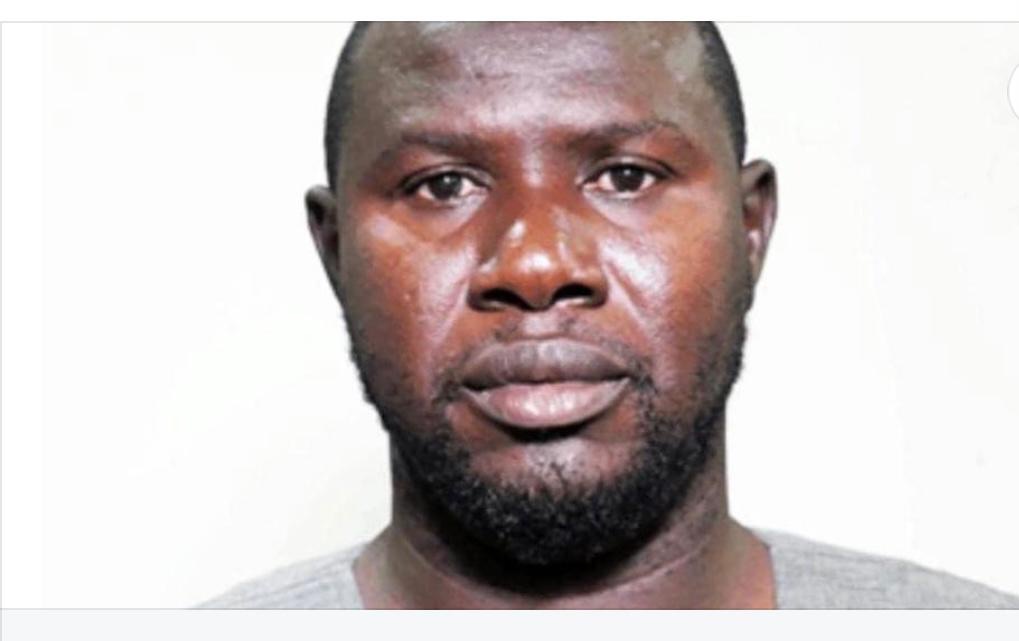By Mustapha Jarju
African Commission on Human and Peoples’ Rights (ACHPR) 73rd Ordinary Session which coincided with the 35th anniversary of the Africa Commission hosted by The Gambia was officially opened on the 21st of October 2022 and will be brought to an end on the 9th November 2022.
The 73rd Session of the ACHPR brought together delegates from African Union Member States, stakeholders, and different dignitaries from other international organizations, among others.
The Deputy Chairperson of the African Union Commission, Her Excellency Dr. Monique Nsanzanaganwa delivering a statement at the Session on behalf of the Chairperson of the AU Commission Mosssa Faki Mahamat said, “the present commemoration of the 73rd session in Banjul must serve as a platform for discussion among all stakeholders and actor to carry out an objective introspection in the valuation of the many contributions, and persistent emerging challenges that remain in the protection and promotion of human and peoples’ rights on the African continent.
40years ago, she said, the “African States adopted a fundamental instrument which is the “African Charter on Human and Peoples’ Right, commonly known as the African Charter or the Banjul Charter” in Nairobi on the 27th June 1981 at the 18th Assembly of the Organization of the African Unity.”
She added that “this 73rd Ordinary Session of the ACHPR is special as it coincides with the 35th anniversary of the African Union Commission. The African Charter provides an establishment of the African Commission of the protection and promotion of human and peoples’ rights on our continent”.
The AU Deputy Chair went on that the session currently taking place in the Gambia will be an instrument to promote respect for human rights, rule of law, and justice, the consultations of AU agenda 2063 as well as the dynamism of the continent’s NGOs, civil societies and Africans as a whole should show ownership to ensure participation as a concern despite the significant records made since the adoption of the African charter.
She disclosed that “Almost 10 years down the road the African Union member states and citizens have embarked on a special project that of evaluating the first 10 years agenda 2063 and building lesson learned, gap identified, the emerging issues, challenges, and opportunities, then come up with a new plan over the next 10years.
“I am inviting the African Commission on Human and Peoples’ Rights and all its stakeholders to be actively involved in this process,” she encouraged.
Giving her statement on behalf of the NGOs steering committee at the opening ceremony of the 73rd session of the ACHPR in Banjul, the Deputy Director of the African Centre for Democracy Human right Studies, Miss Hannah Foster said, Africans should learn from the experience and as many countries have been through violence, “as we speak seventy (70) people are reported killed in a protest in Chad.”
Ms. Foster continued that the Human Rights situations in Africa continue to be glooming, despite strategic development plans made by the African Union Commission on Human Rights, which will be included in the report of the 73rd session in Banjul.
Vice President of the Gambia, His Excellency Badara Joof gave welcome remarks on behalf of the Gambia President His Excellency Adama Barrow.
He recognized the outstanding efforts of the African Union Commission saying, “notwithstanding the pandemic the AU Commission has been able to perform its functions and has been meeting in all serious issues confronting the African continent.”
VP Joof added that AU has been making a lot of effort in creating a “better Africa for all of us, you will recall that the Gambia government established the Truth Reconciliation and Reparation Commission (TRRC), to investigate and record the impartial human rights abuses committed from 1994 to early 2017.”
He said this was to amplify and recognize the violations of human rights that occurred during this period of 22 years of dictatorship.





